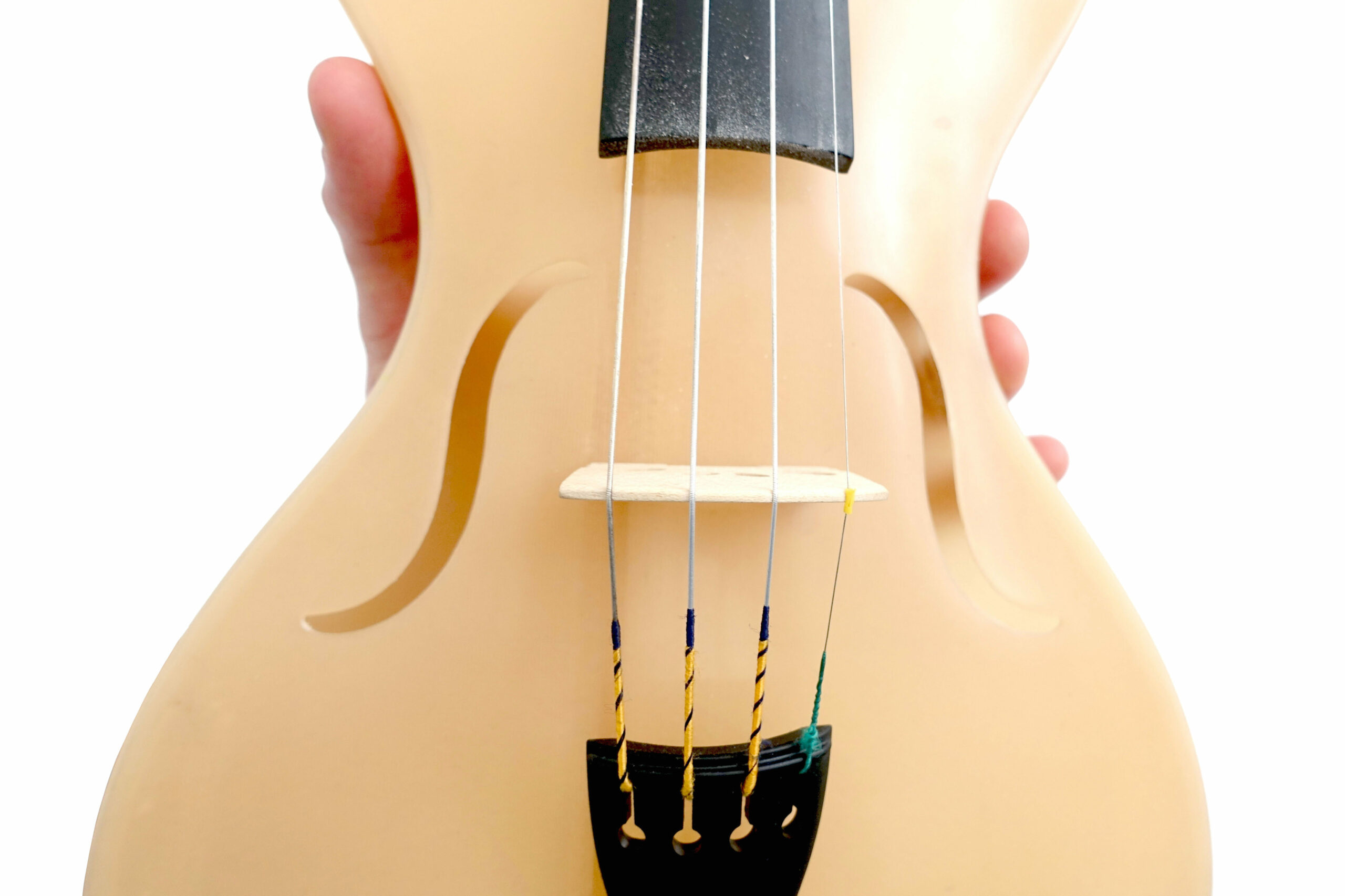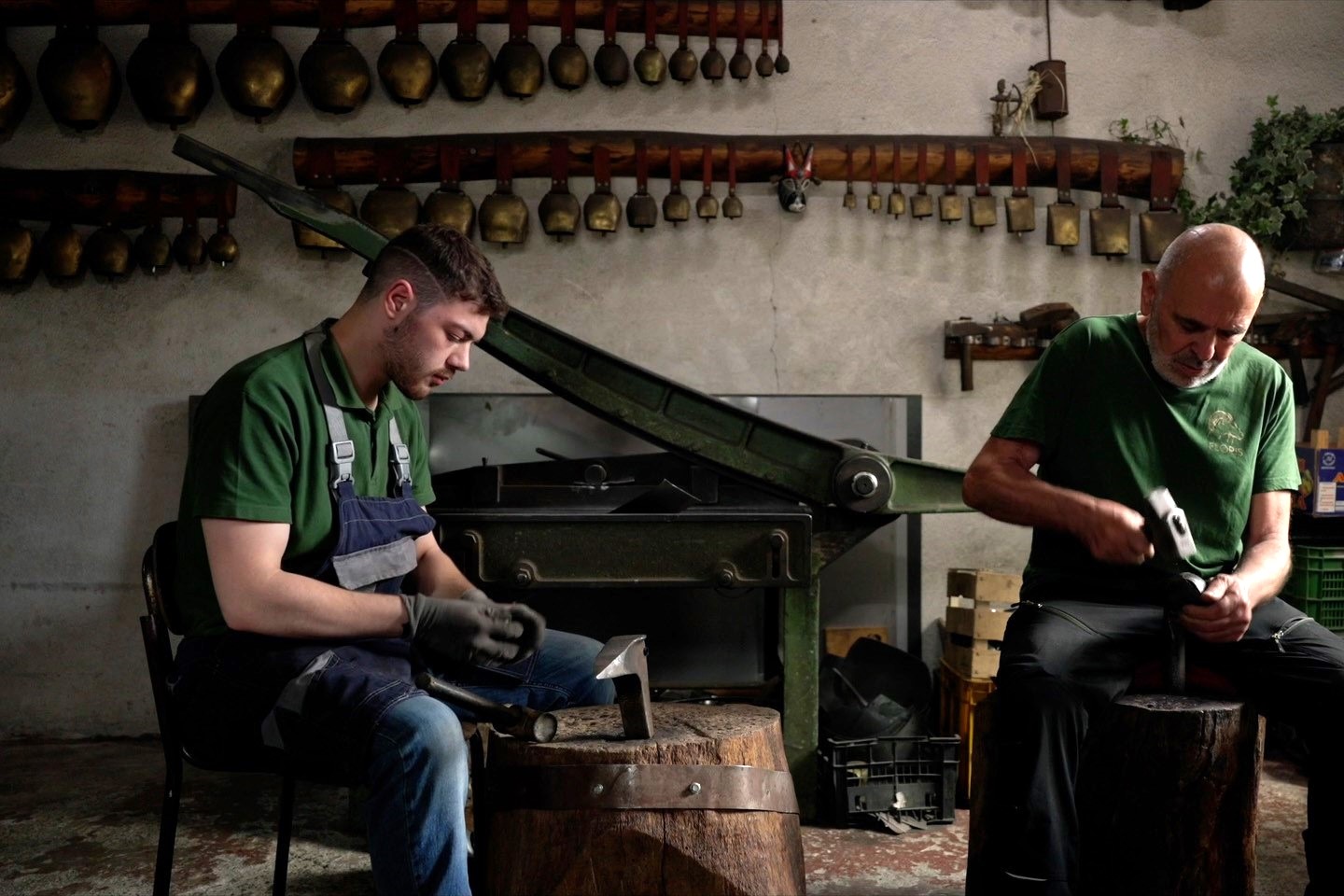“Creativity is the way to transform dreams into reality”: there is no better quote we could hope to end our conversation with Serena Zanello during the Spring Show at the Academy of Art University in San Francisco. Young, Italian, woman, entrepreneur, Serena moved to California a few years ago, after she completed her studies in architecture in Turin. Between San Diego and San Francisco, after working for an Italian company first and an American firm later, she decided to take the challenge of running her own company: Dopamine Design is indeed an example of how the Italian excellence can influence and shape design and architecture in the Bay Area, through knowledge, passion, and interest to keep the Italian side alive.
When did you realize that being an architect was the dream of your life?
Coming from a family of Italian artists, I got close to architecture since my early childhood. At the age of 5, I used to draw architectural sections within big animals. According to my imagination, those animals could turn into real houses, with rooms, stairs, furniture, and decorative items. As for design, I would say I started to express myself using coloured pens to build layouts of spaces, thinking of them as walls or structural elements.
Would you consider your family a source of inspiration?
Indeed, I do. My dad is an artist, so was my mom. In the ‘80s, my dad Roberto first created a workshop for children using puppets, papier-mâché, as well as branches for students to build large-scale pets for the schoolyard. Later on, he began managing different children’s workshops. Like other kids, I learned how to use different materials: I loved Italian terracotta (clay), handmade kites and paper. Nevertheless, our family trips always aimed to visit art exhibitions around Italy and Europe. I spent most of our summers both at the Biennale of Art and Architecture in Venice.
After you became an architect, why did you move to the US?
While I was studying, I had the opportunity to do an internship at Pininfarina Extra in Turin, focusing on Hospitality and Industrial Design. I started to work with them on a full time basis for different projects, like the Turin Olympic Games Torch and few others for the Ferrari brand. I would say that 2006 was the turning point in my life: I was asked to contribute to the Keating hotel design project in San Diego and played a prominent role as design lead managing the project from design inception to completion. Once I experienced the Southern Californian life, I realized that, as an artist, the freedom of creativity was really shaping the business world in America and this was true especially for architecture and design. That’s why I thought this was and is the place which could help my dream come true.
When did the idea of being an entrepreneur become reality?
I began as an independent design consultant and also worked for the Starbucks company. However, I really wanted to express myself and my passion for entrepreneurship in a new way: I decided to launch my own consultancy firm with a partner, Daniel, who shared the same vision of design. As professionals, we both grew in an Italian environment, worshipping attention to details, authenticity, and uniqueness in style.
Your company is called Dopamine Design, a very particular name…
We were inspired by the molecule that mediates pleasure in the human brain. We are striving to keep these incredible molecules busy by creating experiences that we consider a feast to the senses. I believe that our strength is the ability to establish bridges between the world of engineering and science and the one of emotions, pleasure, and senses.
Now you are sharing this vision also with students…
Well, this is the fun part of my job: last year, I started teaching Interior Architecture and Furniture Design at the Academy of Art University in San Francisco. My students have to work on real projects, while I pick clients who look for innovative and fresh ideas coming by young people. I also get my students to do internships with them, so they can practise in a professional environment.
Are you running any special project?
I think one of the most interesting is the collaboration with an Italian company, ALU, based in Bassano del Grappa, in the Veneto region. Together with the CEO, Abramo Manfrotto, we had the idea to take students to Italy to work for them. For three or six months, our students get to experience a completely different culture, living in the medieval town of Bassano del Grappa. I believe this is a great opportunity for them to embark on a different journey, full of diversity, culture, creativity, and unconventional experiences.
What’s next?
As Dopamine, we just signed a contract to produce two lines of furniture. We are very happy of this first milestone, however we are working hard to develop new lines both to sell and use in our architectural projects. By designing projects also for airports and hotels, we understood how important is for architecture to merge with the world of art and embrace the glamour, creative, and innovative vision coming with it.






























